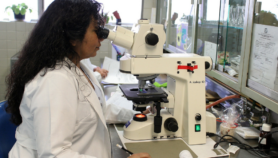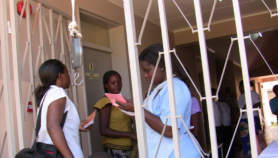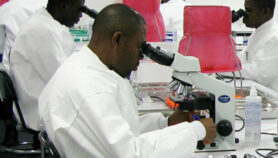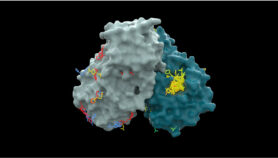By: Talent Ng’andwe
Send to a friend
The details you provide on this page will not be used to send unsolicited email, and will not be sold to a 3rd party. See privacy policy.
[LUSAKA] Rwanda’s oldest science institution is facing a cash crunch due to a considerable debt — allegedly the result of embezzled funds.
According to the Rwandan newspaper The New Times, the Kigali Institute of Science and Technology (KIST) has accrued a debt of about Frw300 million (US$0.5 million), and may not be able to obtain a loan to stabilise its finances.
The paper reports that money was fraudulently withdrawn under the authority of several institute officials.
The debt has forced the new rector Chrysologue Karangwa to freeze all the institution’s bank accounts, as well as the budgets for minor activities.
Karangwa took over from the previous rector, Silas Lwakabamba, who moved to the National University of Rwanda nine months ago.
But the rector in charge of finance and administration at KIST, Gerard Nyabutsitsi, denied reports that the institution is facing bankruptcy, although admitted there is a financial crisis.
He blamed the situation on the Rwandan government, saying that funding for the institution is inadequate, and contrasted this with previous funding from the UN Development Programme and the German development agency, GTZ.
Nyabutsitsi adds that when 1,000 management students were transferred from KIST to the School of Finance and Banking in January, millions of Rwandan francs were lost in school fees.
The transfer was a government move to redirect KIST back to its core mission of training scientists.
And in an interview with SciDev.Net, a KIST official also denied that the institution is facing bankruptcy, saying that any statements related to KIST being bankrupt are unfounded rumours.
KIST is Rwanda’s oldest technology-focused institution, established in 1997 to address the lack of skilled technicians, engineers, and scientists in Rwanda that resulted from the 1994 genocide.
Last year the institute won an Ashden Award for its work on small-scale sustainable energy projects.












